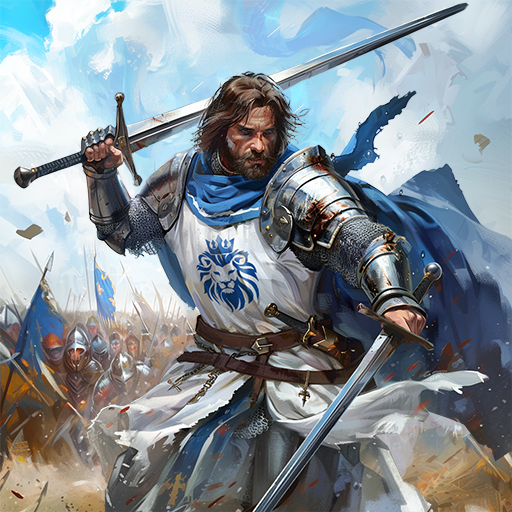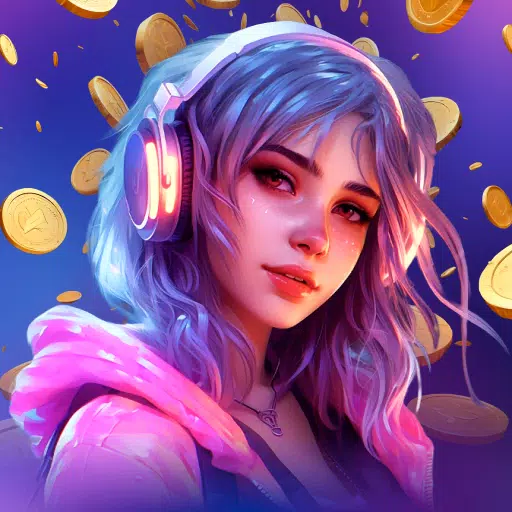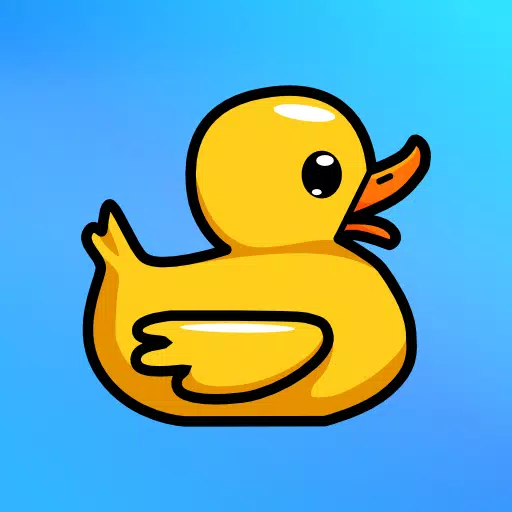Infinity Nikki's Recent Update Sparks Player Backlash Over Gacha Focus and UI Changes
The popular free-to-play game, Infinity Nikki, is facing a wave of player discontent following a recent update that significantly altered its user interface (UI) and increased the prominence of its gacha mechanics. While gacha elements have always been present, the update has made them far more conspicuous, leading to frustration among players who previously enjoyed the game's relaxing gameplay without spending money.
The controversy comes on the heels of significant pre-registration success and overwhelmingly positive initial reception. Many praised Infinity Nikki for its unique aesthetic and enjoyable gameplay loop, even suggesting it could redefine the free-to-play market. However, the new update introduced prominent UI icons, including a shopping cart and other shortcuts directly related to the Resonance system, which many players find intrusive and pressure-inducing. These icons, with their noticeable animations, are perceived as aggressive marketing tactics, leaving players feeling nagged into spending.
 (Replace https://img.wehsl.complaceholder_image.jpg with the actual image from the input. The model cannot directly display images.)
(Replace https://img.wehsl.complaceholder_image.jpg with the actual image from the input. The model cannot directly display images.)
The backlash has manifested across online communities, with players expressing their dissatisfaction and demanding a swift response from the developers. Concerns are growing that this controversy, so soon after launch, could negatively impact Infinity Nikki's reputation and player base, mirroring the experiences of other games that faced similar backlash.
Players are employing various methods to voice their concerns, including utilizing the in-game customer service channels and submitting feedback through developer surveys, even repurposing a survey originally intended for console feedback. While a resolution remains uncertain, the significant player response underscores the importance of developer responsiveness to player feedback in maintaining a positive gaming experience. The situation highlights the delicate balance between monetization and player satisfaction in the free-to-play model.






